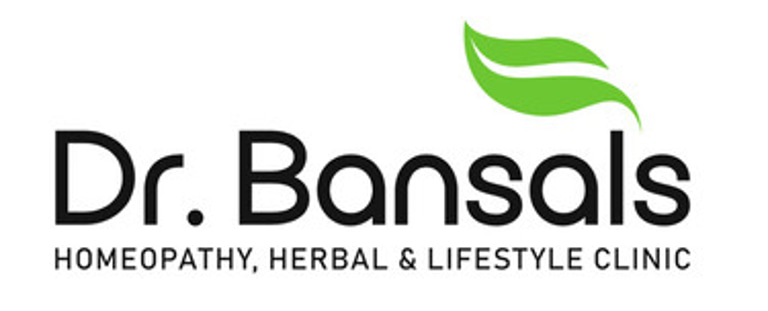Liver Diseases Specialist Doctor in Indore
Dr. Bansal's Homeopathy, Herbal & Lifestyle Clinic
Expert, natural care for health with over 45 years of trusted experience.
Liver disease is a collection of diseases that injure the liver and impede its crucial roles, which include the filtration of toxins, aiding in digestion, and blood clotting. It can develop without or with mild symptoms until there has been considerable damage to the liver.
Types of Liver Disease.
Nonalcoholic Fatty Liver Disease (NAFLD): This is the accumulation of fat in the liver without alcoholism; associated with obesity, diabetes, and high cholesterol.
Alcoholic Liver Disease (ALD): Scarring and liver inflammation as a result of chronic excessive alcohol consumption.
Hepatitis (A, B, C, D, E): Virus infection resulting in inflammation in the liver; hepatitis B and C may develop chronic infection and cirrhosis or liver cancer.
Cirrhosis: This is irreversible and severe scarification of the liver, which is normally caused by chronic fatty liver, hepatitis, or alcohol abuse.
Liver Cancer: Can be a debilitating effect of chronic hepatitis or cirrhosis.
Genetic/inherited disorders: e.g., hemochromatosis (iron overload) and Wilson's disease (copper overload).
Autoimmune liver diseases: These are diseases such as autoimmune hepatitis, where the immune system is made to target liver tissue.
Symptoms
Fatigue and weakness
Jaundice (skin or eye yellowing)
Tongue, legs, and abdomen swelling.
Pain or discomfort in the abdomen, particularly in the right side of the ribs.
Loss of appetite, nausea, and vomiting.
Itchy skin
Black urine and light colored stool.
Blood transfusion, unexplained bruising, or bleeding.
Spider-like veins on the skin
Risk Factors
Constant viral hepatitis (particularly hepatitis B and C)
Heavy alcohol use
Obesity or metabolic syndrome.
Type 2 diabetes
High cholesterol
Liver disease: Family history.
Contact with toxins, some drugs, or contaminated needles.
Heredity (genetic predisposition, e.g., hereditary hemochromatosis)
Prevention
Reduce or abstain from alcohol.
Exercise and be at a healthy weight.
Consume a nutritious diet, balanced and having low amounts of fatty and processed foods.
Vaccinated against hepatitis A and B.
Safe sex and sharing needles can help decrease the risk of viral hepatitis.
Treat long-term illnesses such as diabetes and high cholesterol, and adhere to medication regimens.
Have the liver function regularly checked in case of higher risk or already have liver conditions.
Most liver diseases can be prevented through early diagnosis and lifestyle modifications, and in some cases, the liver may heal or its functioning restored.
Wellness
Dr. Shreyas Bansal has over 46 years of experience in holistic health and wellness. He provides expert consultation and personalised treatment for a wide range of health concerns at Dr. Bansal’s Homeopathy Clinic, located at 2 Manish Bagh, Sapna Sangeeta Road, Indore. The clinic is committed to compassionate care and effective, patient-focused solutions. best homeopathy doctor in Indore
Healing by THE Best Homeopathy doctor in Indore at
Contact
9406856868
© 2025. All rights reserved.
